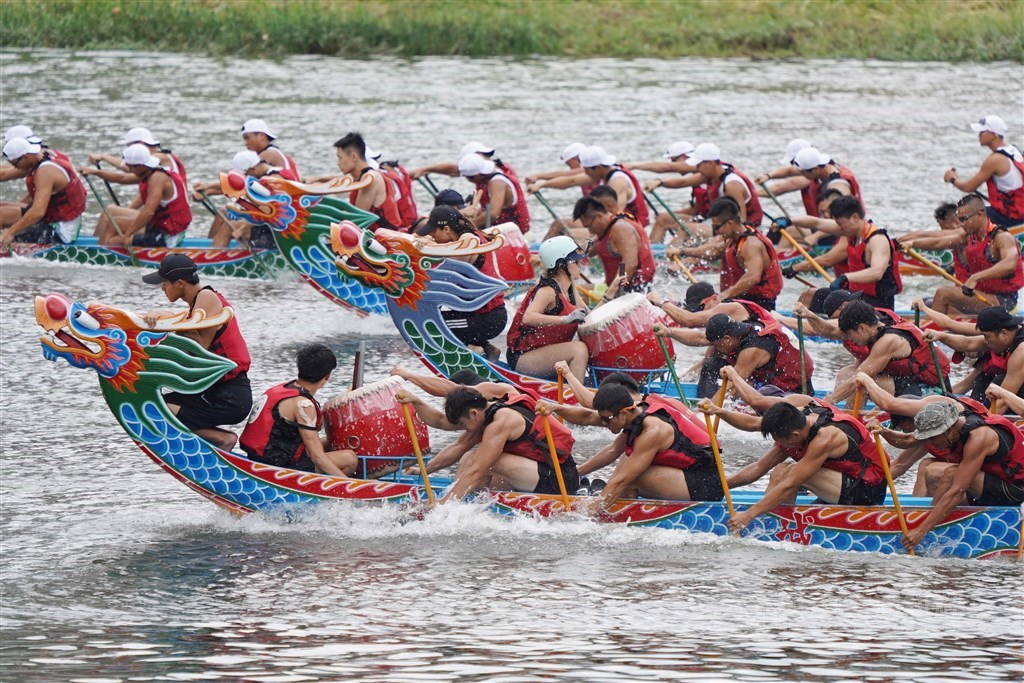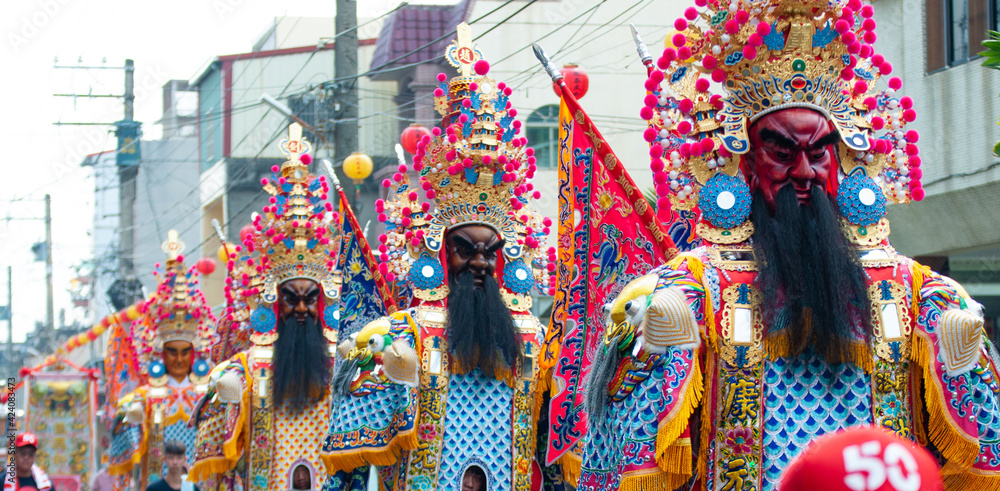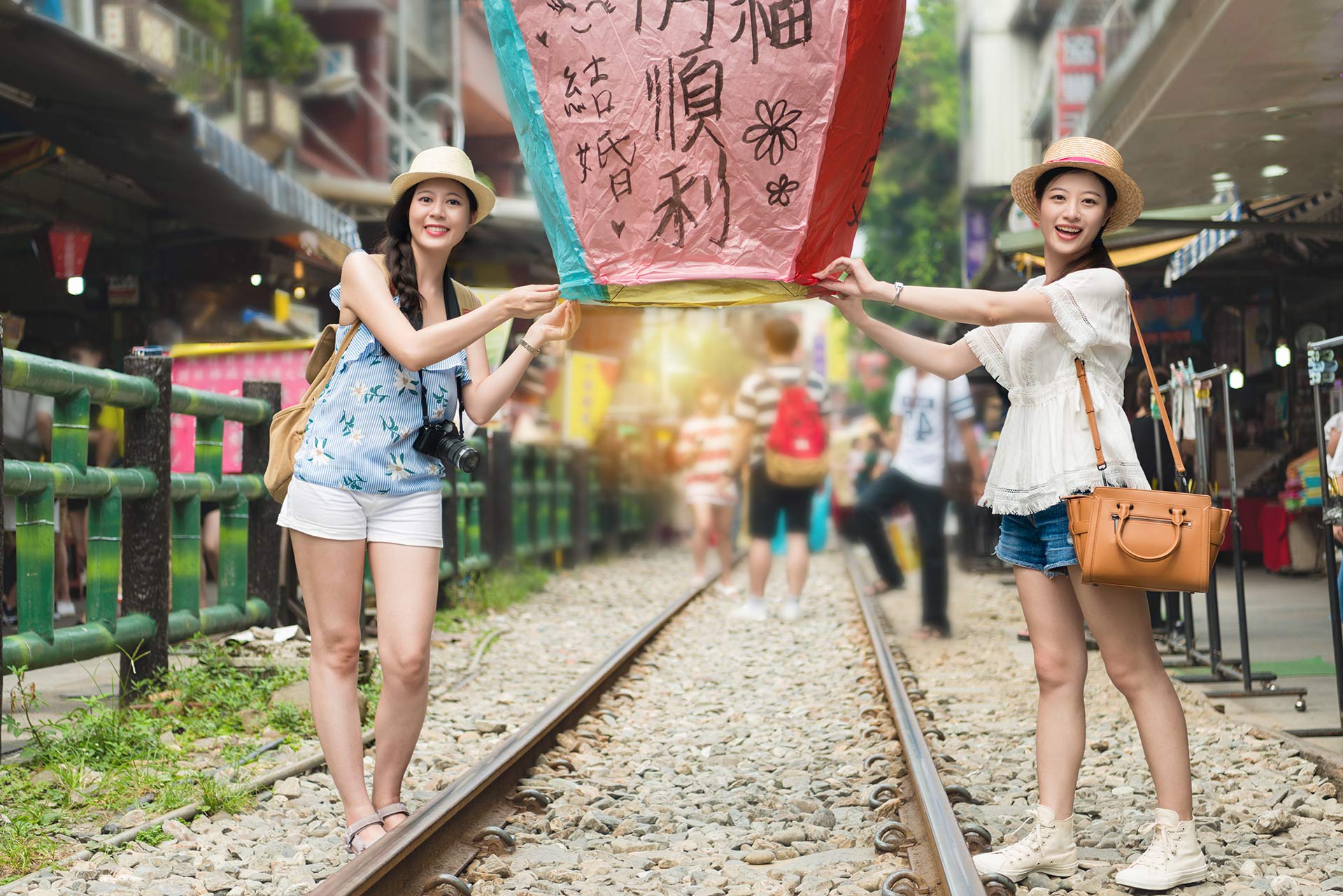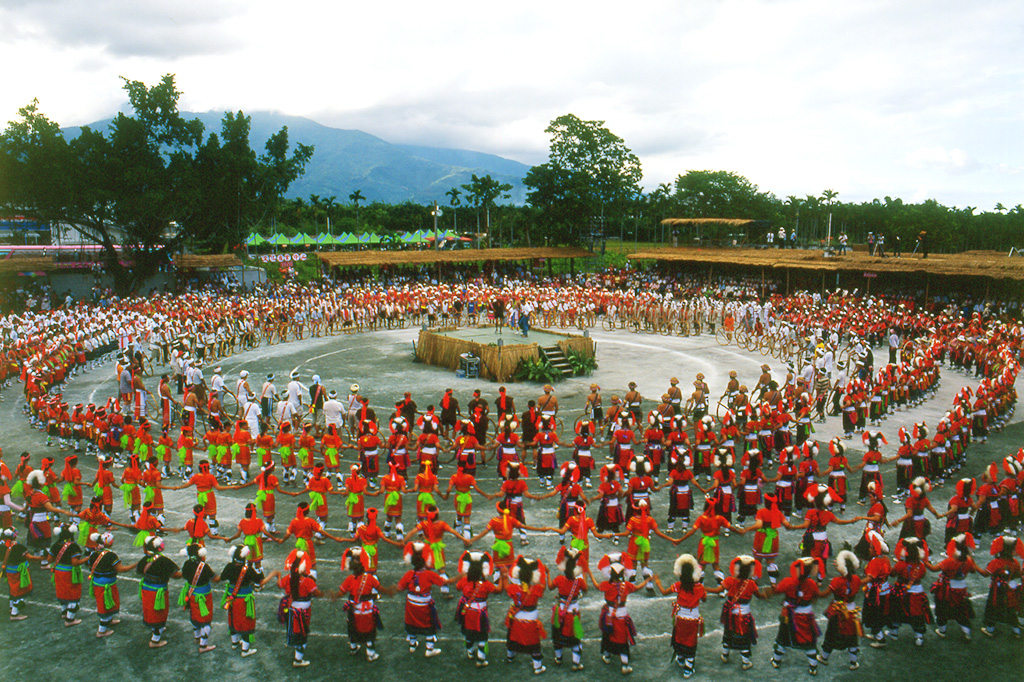Taiwan is a place that the old culture and modernity come together as one. Starting at the Taiwanese night markets and ending at the Tainan temples, the island provides tourists with an array of traditions and festivals that reflect its cultural diversity. The Taiwan experience is not a simple sightseeing day, but an experience of being engulfed by the ancient traditions and festivities, and friendliness of the Taiwanese people. As an international traveler it is easy to unlock these magnificent cultural experiences by obtaining a Taiwan eVisa.
It is important to know about Taiwanese festivals and traditions whether you are going to see the fantastic Lantern Festival or even you are attending a local temple celebration. It is also essential to understand how to go about the application process of the Taiwan eVisa and other eVisa-related travel credentials, so as to have a hassle-free travel experience. A rich blend of ethnic groups: There is a strong presence of ethnic communities in Taiwan with the Han Chinese, native tribes and immigrant groups. Both of the groups add to the cultural richness of the island. What has come out of this is a vibrant calendar of festivals, including religious festivals, seasonal festivals, traditional performances and food based festivals. This cultural diversity will serve to make you understand the meaning behind every festival and tradition. The cultural celebrations in Taiwan tend to have a blend of religious, folklore and modern interpretation. To tourists, it translates into each festival presenting a distinct experience into the history, beliefs and community spirit of the island. And thanks to the convenience of the Taiwan eVisa, it has never been more convenient to go to these festivals. It is important to have knowledge of the eVisa requirements before immersing un the festivals. All travelers require an eVisa guide, which is full of all the types of eVisa, procedures and what you need to know to help you in an easy entry. Taiwan eVisa is an electronic travel authorization which permits the eligible visitors to enter Taiwan on a business, tourism or social visit without having to visit a diplomatic mission. It is formed to make travel easy and international tourists find it easier to witness the rich Taiwanese cultural heritage. Check Eligibility: Make sure that your nationality is valid to apply to a Taiwan eVisa. This electronic authorization is accessible to most of the countries. Make Documentations: You would require a valid passport that has a life span of not less than six months, a recent passport sized photograph, evidence of travel arrangements and personal details. Full Online Application: Completing Taiwan eVisa application form at full. Delays can be prevented by giving accurate travel dates and personal information. Payment: Validate a credit or debit card in order to pay the processing fee. Application and Confirmation: Accept your application and wait the confirmation email. After acceptance, the eVisa can be printed or saved to be presented in the entry point. Typically, the processing time is 3–5 days of business. To the travelers, this system does not require them to use paperwork and take long queues. Taiwan festivals are colorful, varied and even traditional. We take a look at the most popular events that every traveler ought to visit below. The most significant period in Taiwan is the Lunar New Year celebrated in a number of days through family get-togethers, visiting temples and people. Red couplets, lanterns and traditional motifs are used to decorate the homes. Families cook big meals with rice cakes and dumplings which are thought to be a guarantee of good fortune in the upcoming year. The night sky is illuminated with fireworks, and this represents the rejection of evil spirits. The Lantern Festival is a spectacular festival of light and hope that is held on the 15th day of the 1st lunar month. Sky lanterns are set to fly in the air and each lantern has individual wishes and prayers. Other forms of art that are displayed in the festival are lanterns, parades and cultural performance. It is a magic festival that attracts people of all nations around the world. It is a nine day ritual in honor of Mazu, the goddess of the sea and is among the most significant religious events in Taiwan. The pilgrims take their walk barefoot on the path to visitations, saying prayers and performing rituals. The festival is also followed by traditional music, performances and a considerable spirit of communal piety that offers a rich cultural experience to the traveler. The Weiya Banquet is celebrated in December and honors the Earth God, Tu Di Gong, and gives thanks to a working year. Feasts are organised by employers on behalf of their staff, and include a range of traditional dishes. The themes in this festival are community, appreciation and integration of religious ritual with the social life. Amis Music Festival is a festival that honors the culture of the native Amis people of Taiwan. The festival is held each year in Dulan in Taitung County having traditional music and dance and crafts. It is a living experience where the tourists get to see the local culture with their own eyes, and also experience the colorful performances and the local foods. This folk festival is celebrated in Tainan to worship the Baosheng Emperor, who is known to be a god of health and medicine. The festival involves massive procession, temple fairs and performances, and offers a perfect insight into the local religious affairs in Taiwan. It is a place where visitors can get cultural education as well as have an entertaining experience. Besides the significant festivals, Taiwan is full of minor cultural traditions, which are also luring. The Ghost Festival is celebrated on the seventh lunar month and is a period to remember the dead ancestors. Families make food and paper money offerings and temples have ceremonies to direct spirits. There can be performances and operas in the streets and it will give the traveler a strong cultural experience. The month of the fifth lunar month on the fifth day is the day of the Dragon Boat Festival to celebrate a poet Qu Yuan. Locals also compete in riding dragon boats in rivers, and it is accompanied by crowds of people and cultural customs. There is also traditional food such as zongzi (sticky rice dumplings wrapped in leaves), in the festival. The Taiwanese commemorate the Mid-Autumn Festival by reuniting with their family members, looking at the full moon, and eating the mooncakes. The celebrations are accompanied by Lanterns and cultural shows which make the festivities very welcoming and community-like. All over Taiwan, temple fairs provide religious performance, entertainment and street food. Lion dances, puppet shows, and performances of traditional music are also available to the visitors, and they can learn the spiritual and artistic traditions of the island. Make a Plan: Festivals are very popular and finding a place to stay and a means of transportation is better done in advance. Defer to Local Culture: Following the correct etiquette will add to the experience and win the goodwill of locals. Be Informed: Visit dates and schedules of the festivals, some of the events can change every year according to the lunar calendar. Wear Well: A variety of festivals require walking or outside activities. Dress in comfortable clothes and other shoes. Keep Hydrated and Ready: Taiwan is very humid, especially during summer festivals; keep water and a little portable fan. Take Pictures With Respect: Photography is permitted but one should always be sensitive in sacred areas and intimate rituals. The Taiwanese festival calendar is full of special events other than the popular Lantern Festival and Lunar New Year. To those tourists who want to get a taste of true local culture, these events can be a thrilling preview of Taiwanese traditions, artistry and local community. Pingxi Sky Lantern Festival is a very famous festival in Taiwan that is conducted every year in the beautiful Pingxi District. Thousands of attendants launch lanterns in the night sky that are glowing, and each of them carries a personal wish, hope, and dream. The mood is enchanted with lanterns floating down the mountains and rivers and providing a bright background. The old streets of Pingxi are also worth visiting by tourists, where they can taste the local snacks and attend the lantern-making workshops to experience the culture first-hand. The Yanshuei Fireworks Festival was dubbed as the most explosive festival in Taiwan due to its exciting pyrotechnical show. The festival, which is conducted in Yanshuei, Tainan, is characterized by huge firecrackers, customary rituals and the daring locals who wear protective clothing to make their way through the firework events. The occasion honors the regional gods and is an expression of the chasing away of evil spirits. As a tourist, it is a feast that provides the traveler with the thrill as well as a cultural insight into the Taiwanese religious culture. Lukang Folk Arts Festival, which takes place in the historic town Lukang in Changhua County, is another place where travelers can immerse themselves in the Taiwanese folk culture. The festival also features classical puppet performances, lion dances and temple rituals, as well as craft exhibitions where people can see artisans at their work. The occasion is an ideal combination of history, culture, and interactive entertainment, which is suitable to those travelers who want to associate with Taiwanese artistic background. Indigenous communities in Taiwan have colorful harvest festivals in which they honor nature, fertility and ancestors. The most striking happenings are in eastern coast areas especially in Taitung and Hualien. Tourists can experience native dances, native music, rituals and native local food. This festival is also aesthetically appealing besides providing insight on the various indigenous cultures of Taiwan. Language:The official language is Mandarin. Knowing simple expressions will improve your communication. Transport: Taiwan is well-covered by the high-speed trains, buses and metro lines. Food Safety: Taiwan has a reputation of street food. Follow busy stalls in order to get the freshest ones. Money: Taiwan is mainly based on New Taiwan Dollars. Using the card payment is very popular, and it is always convenient to have some local currency. Climate: Taiwan has seasonal climate. Summer is steamy and humid, winter is mild though may be rainy. Pack accordingly. The festivals and traditions of Taiwan provide tourists with a rich experience into the Taiwanese culture. Whether it is the nationwide pilgrimage to great temples, or the colorful lantern festivals, all the occasions witness to the commitment of the island to community, history and celebration. Travelers can visit these special experiences without any difficulties and worries using the Taiwan eVisa. Ease of the planning, observing local traditions, and knowing the festivals calendar will make the adventure a seamless and memorable one. Taiwan is not only a place but also an experience of life, history and culture that should be experienced. Q1: What is the Taiwan eVisa duration? Taiwan eVisa is usually a single entry and allowable to stay up to 30 days. Q2: Do I have an opportunity to work in Taiwan with an eVisa? No, the Taiwan eVisa is designed only to be used in case of tourism, business, or social visits. Employment is not permitted. Q 3: Does it need travel insurance? Travel insurance is not obligatory, although it is strongly suggested as a health care cover with trip protection.Learning the Taiwan Cultural Landscape

All Travelers require eVisa: Taiwan’s Festivals and Traditions
What is the Taiwan eVisa
eVisa application Step-by-Step Taiwan

Iconic Festivals in Taiwan for Travelers
Lunar New Year (Chinese New Year)

Taiwan Lantern Festival

Dajia Mazu Pilgrimage

Weiya Banquet

Amis Music Festival

Syuejia Shang Baijiao Festival

Traditions that are not widely known in Taiwan
Ghost Festival

Dragon Boat Festival

Mid-Autumn Festival

Traditional Temple Fairs

Some of the Travel tips to have a smooth ride
Other Festival Highlights: Festival Events that are Must-See Around Taiwan
Pingxi Sky Lantern Festival

Yanshuei Fireworks Festival
Lukang Folk Arts Festival
.jpg?w=1080&mode=crop&format=webp&quality=80)
Taiwan Aboriginal Harvest Festival

✈️ Some tips that can be used by travelers
Conclusion: Taiwan Culture and Heritage
🔍 Frequently Asked Questions (FAQs)























